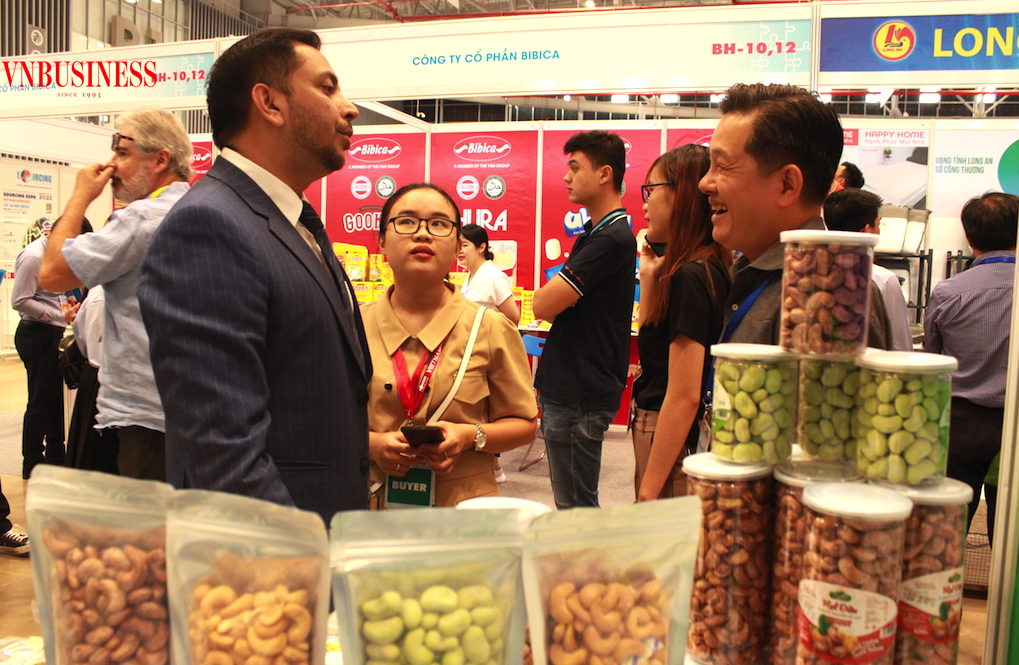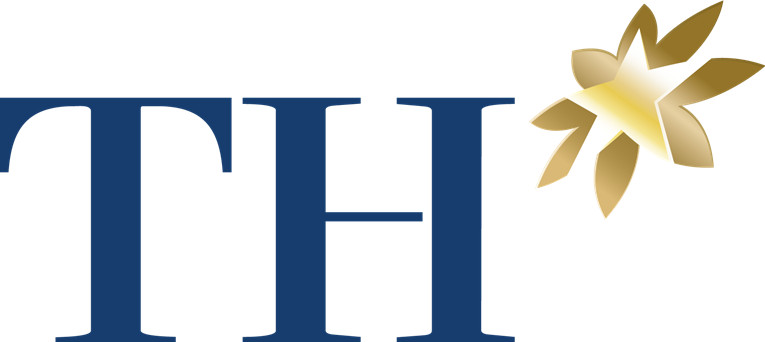To help Vietnamese goods go further in the international supply chain
As the world’s leading distributors and buyers increasingly pay attention to Vietnamese suppliers, it is important that Vietnamese businesses seize these opportunities and always be ready to meet the requirements. This will help create a launching pad to bring Vietnamese goods further into the international supply chain.
A series of large distribution and purchasing corporations in the world are "invading" Vietnam to attend the international supply chain connection event - Vietnam International Sourcing Expo 2024" organized by the Ministry of Industry and Trade in Ho Chi Minh City from June 6 to 8. These include names such as Aeon, Uniqlo (Japan); Walmart, Amazon, Safeway (USA); Falabella (Chile); Carrefour, Decathlon (France); Central Group (Thailand); Coppel (Mexico); IKEA (Sweden), LuLu (UAE),...
"Landing" the world's major buyers
On June 6, within the framework of the above event, the 2024 Export Forum will take place. Surely, Vietnamese exporters must pay much attention to the major issues raised by representatives of international distributors and buyers.
 |
Vietnamese agricultural suppliers must always be ready to meet the requirements of major buyers around the world. |
For example, Mr. Aly Ansari, General Director of Walmart Vietnam, talked about North American consumer trends, restructuring of international supply chains and the role of Vietnam in the current context.
Or Mr. Gijae Seong, Managing Director, Amazon Global Selling in Vietnam, talked about cross-border e-commerce as a launching pad to bring Vietnamese goods to the world. Or Mr. Mirash Basheer, Director of Garment Exports Vietnam Company, Lulu Group International, discussed the Middle East - a potential market for Halal products.
Or Mr. Mirash Basheer, Director of Garment Exports Vietnam Company, Lulu Group International, discussed exploiting export potential to Latin American markets. In addition, Ms. Jennifer Yuriko Patton Inukai, Director of Procurement in Asia, Coppel Group, raised the issue of positioning Vietnamese Textiles in the world supply chain. Meanwhile, Mr. Akiyama Naoki, Director of Operations and Chief Financial Officer of Uniqlo Vietnam, shared about the Vietnamese sportswear industry overcoming barriers in the EU market...
It can be said that sharing such practical issues is very useful for Vietnamese enterprises before conquering international buyers. In particular, as shared by Mr. Ta Hoang Linh, Director of the European - American Market Department (Ministry of Industry and Trade), this year's series of events connecting international supply chains takes place in the context of Vietnam's trade and exports (XK) recovering strongly.
According to recent data from the General Statistics Office, the total import and export turnover of goods in the first five months of 2024 reached 305.53 billion USD, an increase of 16.6% over the same period last year.
Of which, the export turnover of some items increased sharply compared to the same period last year: Cameras, camcorders and components increased by 61.2%; coffee increased by 43.9%; rice increased by 38.2%; furniture products made from materials other than wood increased by 34.2%; electronics, computers and components increased by 33.4%; plastic materials increased by 31.2%; vegetables and fruits increased by 28.2%; wood and wood products increased by 23.5%; tea increased by 20.1%. This result shows that the world's consumer demand is gradually recovering, promoting domestic production in the coming time.
When international distributors and buyers come to Vietnam, according to Mr. Linh, it is important to create favorable conditions for them to meet and work directly with professional suppliers and reputable Vietnamese export enterprises. Through that, they can discuss cooperation and business opportunities, explore the potential to supply new, high-quality and competitive products from Vietnam, and expand and diversify their purchasing sources.
Always be ready to seize opportunities
From the perspective of a large Japanese buyer, Mr. Yuichiro Shiotani, Director of Aeon Topvalu Vietnam, noted that although Vietnamese enterprises are doing very well in domestic production and business, exporting still faces many challenges. Because each country has different regulations on product quality and standards. Therefore, to meet the standards of each country, enterprises need a lot of time and money.
Meanwhile, as shared by the purchasing representative of Falabella Group (currently the largest retailer in Latin America), what they need is the dynamism of the trading sessions connecting buyers and Vietnamese suppliers. This year, the group expects to expand its purchasing in Vietnam to areas from textiles, footwear, sportswear to household appliances and household goods.
As for the US Walmart group with a series of supermarkets in Latin America, it said it will focus on purchasing in Vietnam textiles, footwear, interior and exterior furniture, household goods, toys, and frozen foods... to serve the needs of consumers in this region.
In reality, the standards for imported goods into the Latin American market are not too strict, suitable for many types of goods originating from Vietnam. The important thing is how dynamic Vietnamese enterprises are to be able to "score points" when contacting international distributors.
Regarding this, in an interview with VnBusiness , Mr. Nguyen Duc Trong, Head of New Supplier Development of Walmart Group (USA) in Vietnam, expressed concern about the level of professionalism of Vietnamese enterprises and that they need to do a lot to overcome their weaknesses.
Particularly, the issue of meeting export market standards is also something that Vietnamese enterprises need to pay attention to in order to better meet the requirements of international buyers.
For example, at the meeting connecting key Israeli import enterprises with Vietnamese partners held in Tel Aviv (Israel) on June 4, Israeli import enterprises noted that products of Vietnamese manufacturers and suppliers must meet Kosher certification requirements to comply with Jewish religious consumption practices. At the same time, Vietnamese goods exported to the Israeli market must comply with EU and US quality standards to ensure food hygiene and safety.
Not only that, Israel's leading buyers have set conditions for Vietnamese food products when imported into their country. That is, they need to be processed into finished products and packaged in suitable convenient packages (for example, rice packaged in bags of 2 or 5 or 20 kg) to be imported into retail stores and supermarkets for consumers in Israel to buy and use immediately (including for cooking).
In general, as the world's leading distributors and buyers increasingly pay more attention to Vietnamese suppliers, it is important that Vietnamese enterprises grasp these opportunities and are always ready to meet the requirements. This will help create a launching pad to bring Vietnamese goods further in the international supply chain.
Thuy Linh


